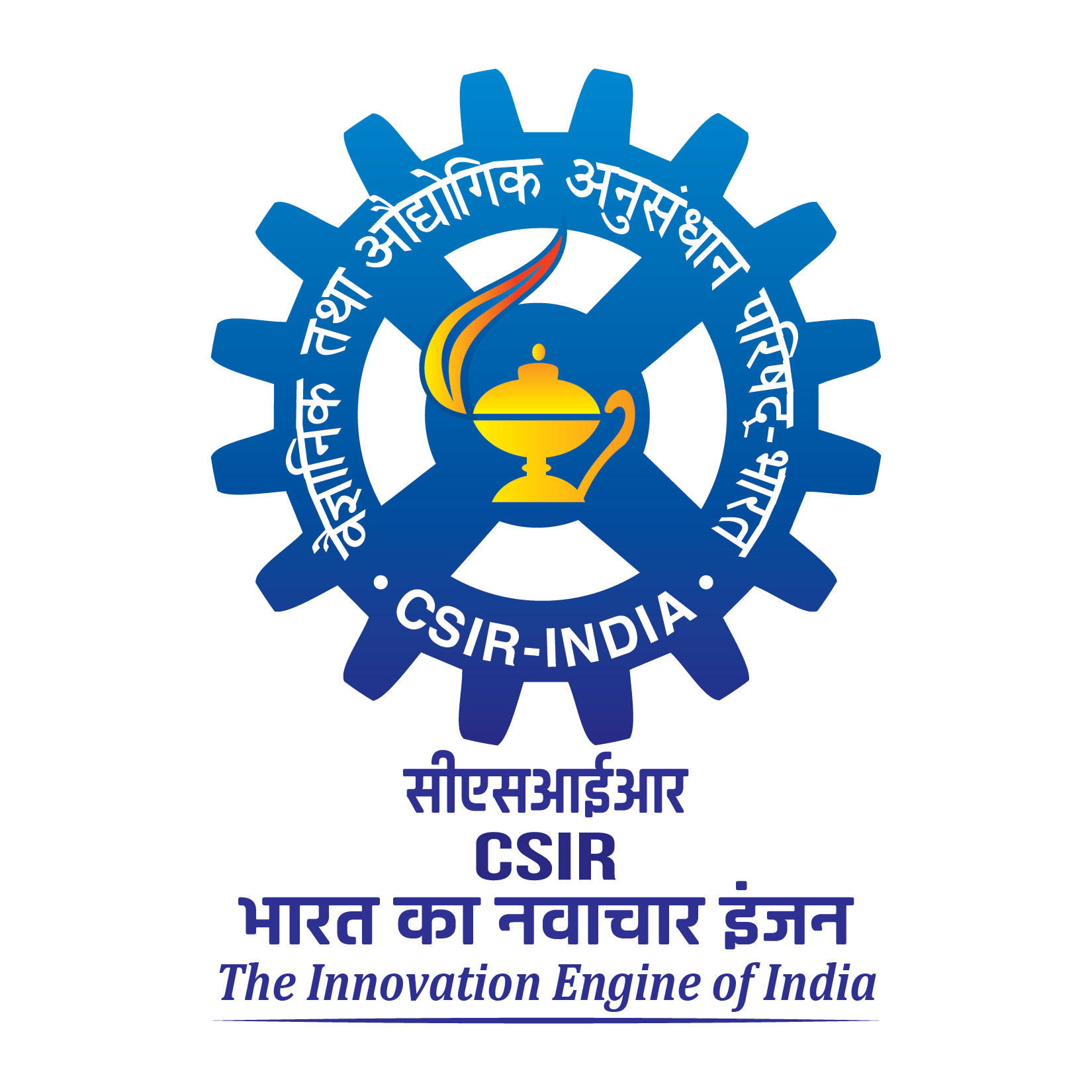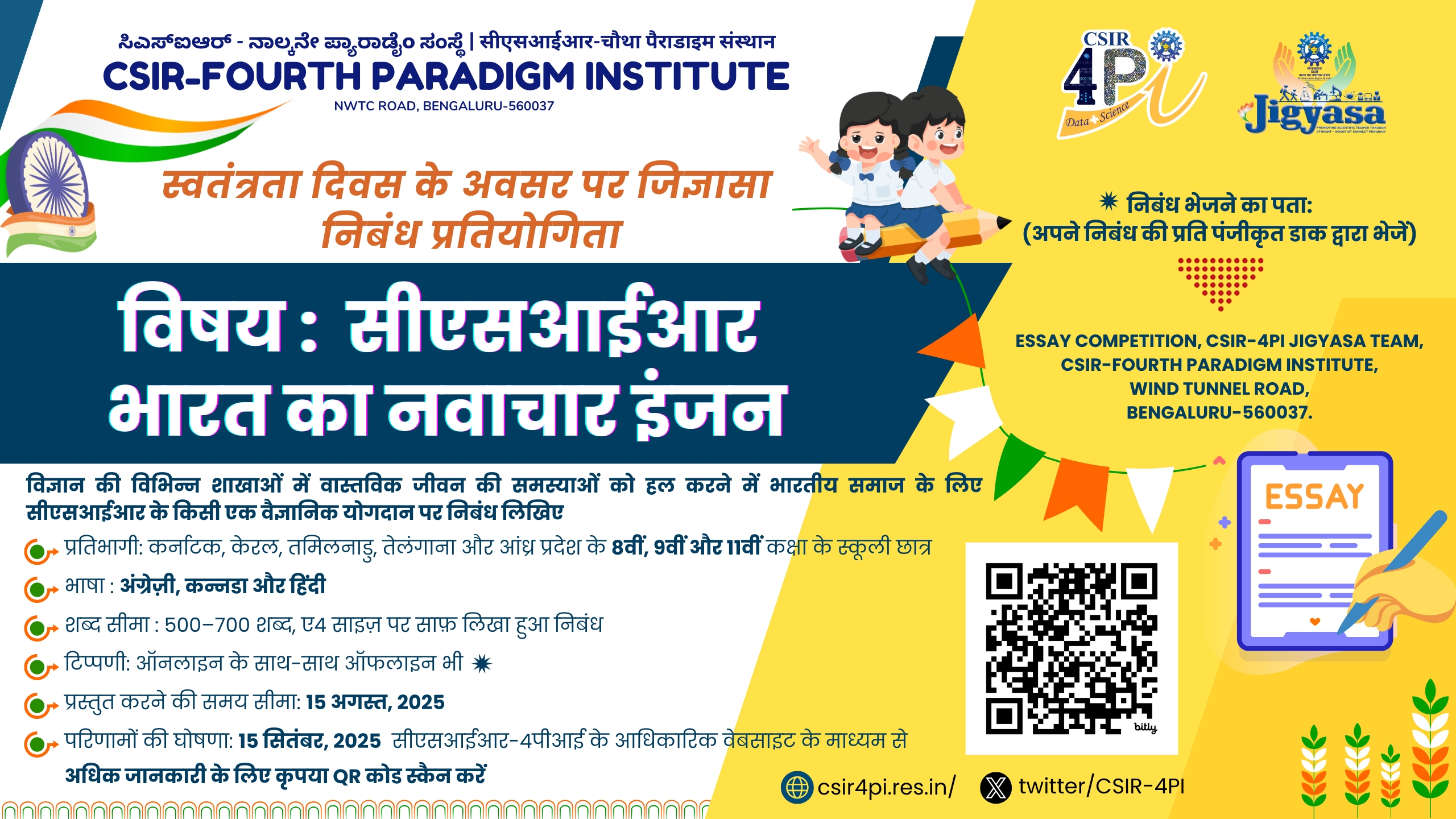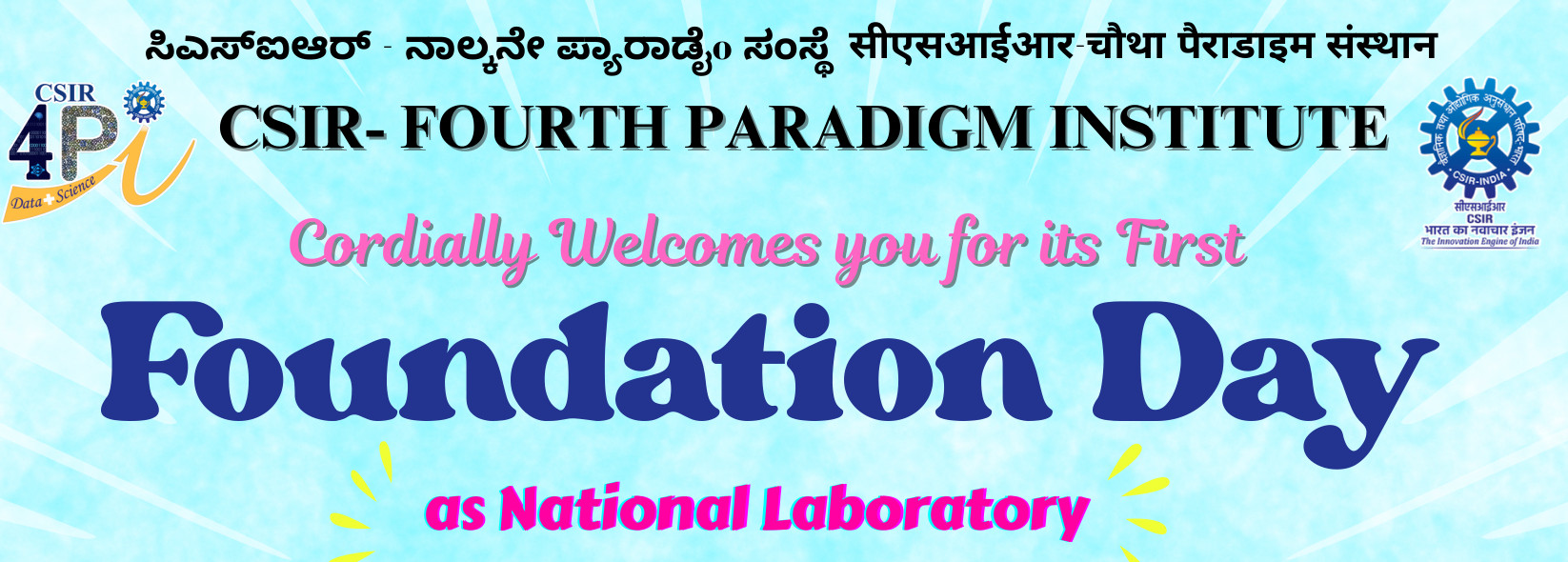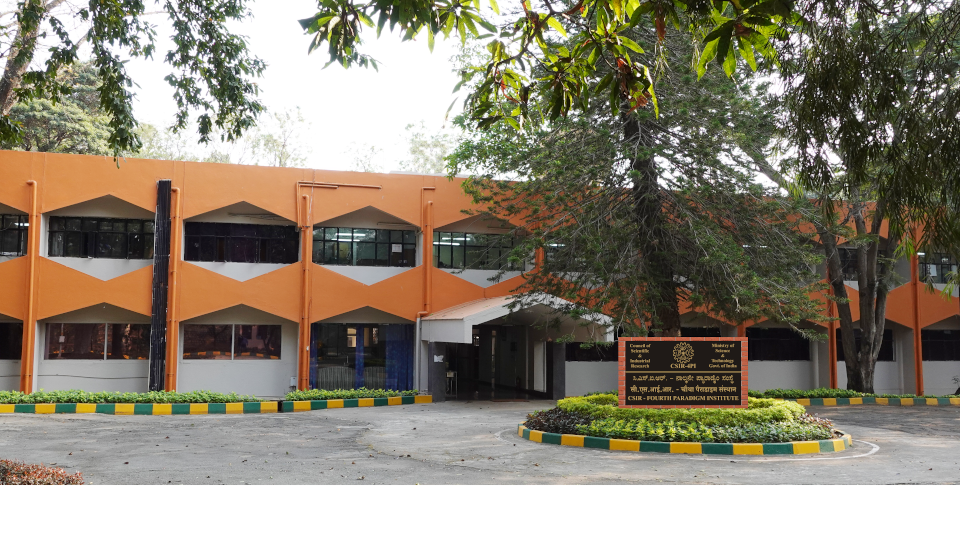by Geeta Agnihotri, K. C. Gouda & Someshwar Das
Ten-year climatology of physical properties of convective echoes during pre-monsoon season over south peninsular India and neighborhood are studied using Precipitation Radar dataset onboard Tropical Rainfall Measuring Mission satellite. Attenuation corrected radar reflectivity (Ze) is used to define an intense convective echo (ICE) which is a group of two or more contiguous convective pixels with Ze exceeding 30 dBZ. Height distribution of ICE is right skewed, single modal with mean and median as 7.8 and 7.3 kms. The ICE with area in range of more than 102 to 103 km2 (C) are most frequent (58.5%) followed by smallest scale (D) having area ≤ 102 km2 (37.2%). Large ICE’s (B/C scale) are less frequent (4.2%). Mean areas of ICE’s in D, C and B/C scales are 72.7, 279 and 1932 km2, respectively. The relation between height and area is linear indicating that taller ICE’s are broader. The mean top heights of D, C and B/C scales are 5.5, 8.7 and 14.2 km, respectively. Frequency distributions of the height of 30 and 40 dBZ show single peaks at 5.5 and 4.75 km. Mean heights of 30 dBZ and 40 dBZ are 5.7 and 4.8 km while median heights are 5.5 and 4.7 km. Their cumulative frequency distribution shows that 6 and 3% of ICE cross 10 km height. Reflectivity structures of ICE show that systems over land are intense compared to that over ocean.
Source: https://link.springer.com/article/10.1007/s00703-020-00740-7


























